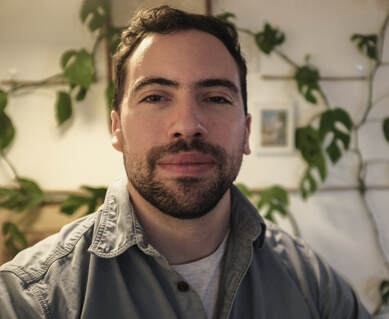Who am I?
|
What do I do?I work in philosophy of mind and cognitive science, with connections to epistemology and philosophy of language. My research brings together two types of approaches. First, as a philosopher of science, I identify core concepts and commitments that make a productive science of the mind possible. I am often interested in seeing how concepts from one field of cognitive science, such as linguistics (especially syntax and semantics) apply to other fields such as vision science. Second, as a naturalistic philosopher of mind, I use scientific findings and models as a guide in addressing basic philosophical questions about the nature of the mind and knowledge.
One of the great challenges of modern science is to understand the immense creative powers of thought and language—our abilities to produce, understand, and communicate an infinite variety of spontaneous thoughts and plans. But impressive too is the immense receptivity of the mind to the immediate circumstances in which it finds itself. The mind is capable of perceiving endlessly different kinds of objects and events in different arrangements. The creativity of thought and language is thought to be rooted in the power of composition—roughly, the ability to represent something by combining more elementary representations. My work argues that the receptivity of perception is also rooted in compositional abilities to code stimulus features in terms of more elementary stimulus features. More generally, I examine the various schemes the mind employs to compose a perspective on the world, and the significance of these schemes for our subjective, representational, and epistemic standing. Selected Papers:(Forthcoming) "Contours of Vision: Towards a Compositional Semantics of Perception." The British Journal for the Philosophy of Science [link] [draft]
(2023) "Pictorial Syntax." Mind & Language [link] [pdf] (2023) "Seeing and Visual Reference." Philosophy and Phenomenological Research 106(2): 402–433 [link] [pdf] (2021) "Mental Structures." Noûs 55(3): 649–677 [link] [pdf] (2019) "Do You Compute?" Aeon [link] (2018) "The Perspectival Character of Perception." Journal of Philosophy 115(4): 187-214. [link] [pdf] |
